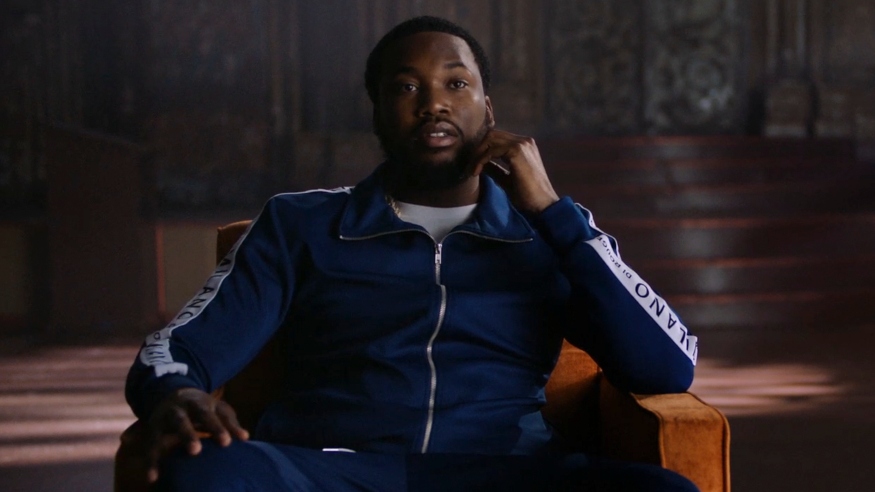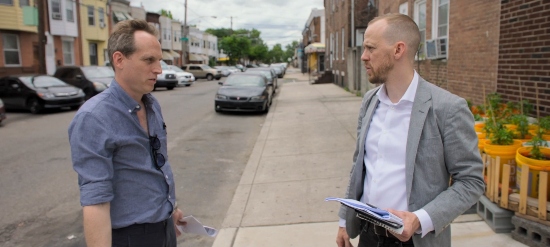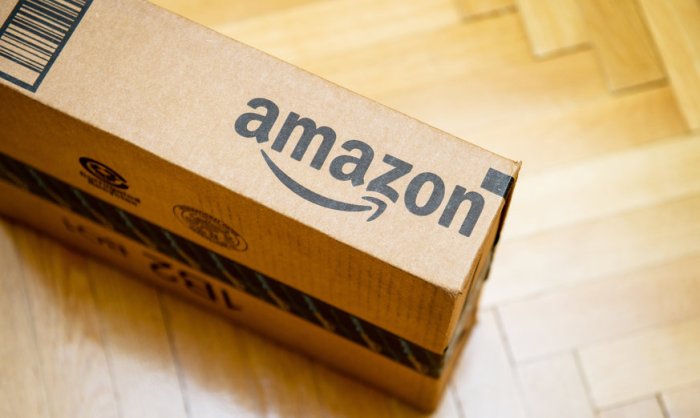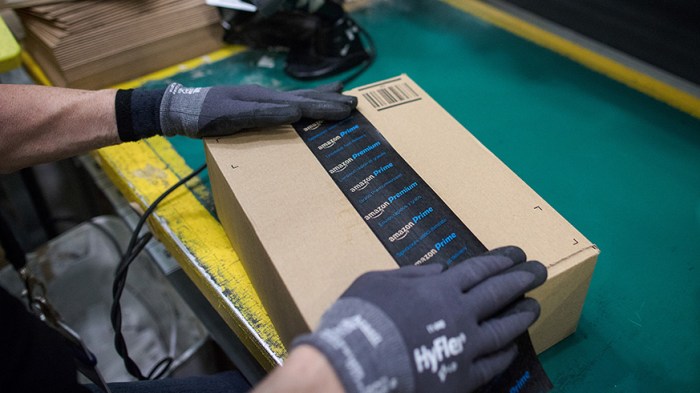Philly rapper Meek Mill never thought that a possession-of-firearms conviction when he was 18 years old would lead to a life of constant surveillance and borderline harassment from the American judicial system. But that has been his life for the past 14 years, as an overly harsh judge used dubious technicalities as parole violations that have sent him in and out of prison. In “Free Meek,” the new five-part documentary series on Amazon Prime, Tyler Maroney and Luke Brindle-Khym of the investigative firm QRI, the same firm that helped with the investigation in the documentary “The Case Against Adnan Syed,” took a deep dive into Meek’s case up until his release from prison in 2018. We spoke with Maroney about working with Meek and the deep-rooted issues that need to be solved in our criminal justice system.
“I suppose the hope is that this investigation which lead to Meek’s freedom, which lead to this kind of media, which leads to film on Amazon, will inspire others to keep that hope up,” — Tyler Maroney on his documentary “Free Meek”
Tyler Maroney and Luke Brindle-Khym of the investigative firm QRI in “Free Meek”. Photo: Amazon
What initially drew your investigative firm to this project?
Tyler Maroney: We got the assignment from Roc Nation because they had an artist, Meek Mill, who had been arrested and literally thrown in prison for a probation violation. Roc Nation and all of Meek’s friends and family and advocates were completely shocked at the severity of that punishment for such a minor probation violation that they decided that they wanted to amass as many resources as they could to help them. One of those resources was us. We were brought to the table because our private investigations firm specializes in investigative work that supports the criminal-defense mentality. So we see ourselves in many ways as contrarians to the official record. We’ve worked with organizations that fight wrongful convictions like the Innocence Project. And we’ve worked with civil-rights firms and other nonprofits that are set up to right the wrongs of the criminal justice system. In many ways, our mindset jives well with this assignment. It was a challenging, fascinating and ultimately successful case.
Do you feel as though investigative true-crime documentaries in the streaming era are now useful tools to help energize the public to demand justice in instances of wrongful convictions? Do you see them as a new form of checks and balances on the justice system?
Tyler Maroney: I love that question because in many ways, yes. On one end of the spectrum there is a lot of “true-crime smut,” and on the other end there are films like “Free Meek” and other films — “The Jinx,” for example. It’s not necessarily shining a light on the criminal justice system, but they are revealing information that the media has not otherwise had the resources or the motive to reveal. With respect to documentaries that are as well-produced and tell the narrative in a way that is compelling that “Free Meek” does, it allows us to counter the official record that may not be accurate from the outside. People talk about wanting to make a change in society, they often think about writing to your congressperson or voting for new elected officials. Which is, of course, a valuable tool. But if that doesn’t work in the current environment where we’re at, where we have a president and we have elected officials who are rolling back criminal justice reform, it’s investigations like ours, legal minds like Meek’s lawyers and documentaries like “Free Meek” that are able to, we hope, open people’s eyes and inspire the electorate to think long and hard about what they can do to right the kind of wrongs that Meek had to suffer through.
Do you think Meek’s case was affected negatively or positively given his profile as a rapper?
Tyler Maroney: It’s hard to imagine that this would have a negative impact because not only is Meek’s story compelling, but he’s somebody who fought through perceived wrongs and had his case overturned. So, he prevailed in the criminal justice system. Then, quite literally, he put his money where his mouth [was] and helped to form a nonprofit called The Reform Alliance with many others contributing, because he has many other wealthy friends who believe in this cause. Not only did his symbolic case get attention but he’s helping contribute resources that are going to be used to start fighting the kind of injustices he himself suffered through, because he recognizes that this system disproportionately affects many Americans, mostly who are black.
What is something that you hope people walk away understanding about the broken aspects of the prison and parole system that Meek had to go through?
Tyler Maroney: I think one of the big takeaways is that Meek’s situation — and Meek is unique because he is rich and famous by his own admission, but he’s not unique in that he was and is a young African-American man who feels like he is under the surveillance of a police state. He is and was living under conditions that were intolerable and that our society does very little to be sympathetic to. He was lucky enough to have the talent and the drive to get himself out of that. But many, if not most, of those who went through exactly what Meek went through are still in prison, or are dead, or are on probation now. I suppose the hope is that this investigation which lead to Meek’s freedom, which lead to this kind of media, which leads to film on Amazon, will inspire others to keep that hope up.



















